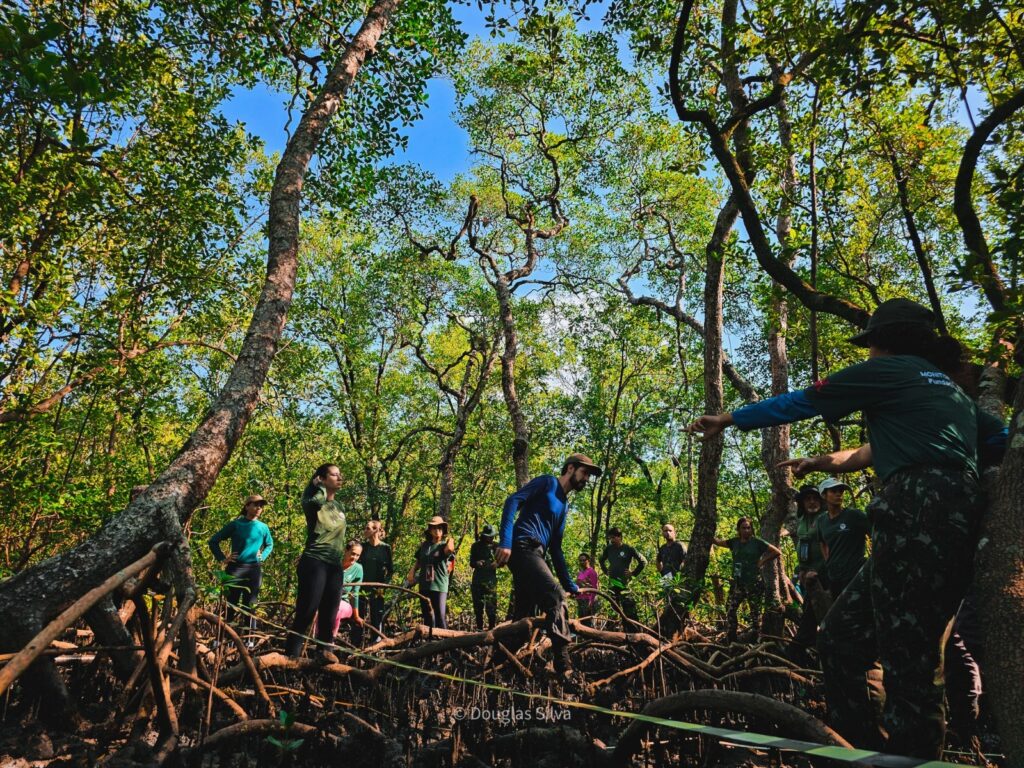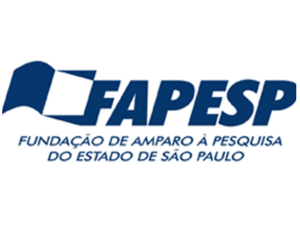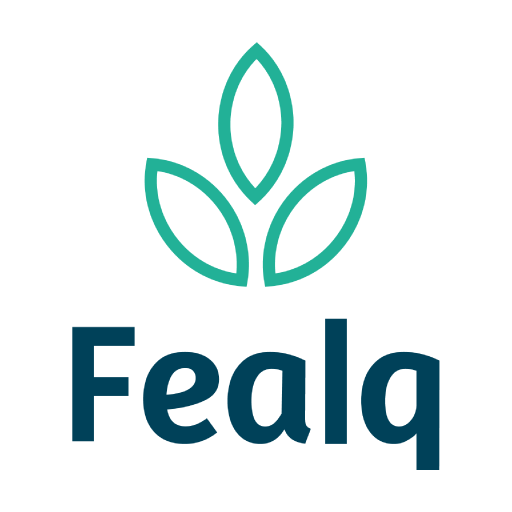Pioneering project represents an advance for blue carbon inventory and toxic elements in mangroves
The Center for Carbon Research inTropical Agriculture at the University of São Paulo (CCARBON/USP) and the São Paulo State Forest Foundation signed an agreement last month for a two-year technical and scientific collaboration. The project aims to assess carbon stocks and the presence of potentially toxic elements in the soils of mangroves along the São Paulo coastline. This partnership is part of the Forest Foundation’s Integrated Mangrove Management Program, established by Normative Ordinance FF 445/2024, and structured around four thematic areas: Biodiversity; Bioeconomy; Environmental Education and Communication; and Research and Climate Change Mitigation.
The program already carries out environmental monitoring actions for vegetation and fauna, with a focus on birdlife and crabs. It also monitors invasive exotic species and implements other conservation practices in mangrove ecosystems. The collaboration between the institutions within the program began at the end of last year, when researchers from CCARBON/USP, at the invitation of the Forest Foundation, conducted a practical course on internationally used methodologies for quantifying total ecosystem carbon in mangroves, including soil sampling and vegetation measurement.
Mangroves are coastal ecosystems composed of plant species adapted to saline environments and the periodic flooding of their soils. Able to store three to six times more carbon per unit area than other upland ecosystems, mangroves and other coastal ecosystems—such as salt marshes, seagrass meadows, and tidal flats—are known as “blue carbon” ecosystems, highlighting their role in combating climate change.
In this context, the survey carried out by the institutions, on a systemic scale, drives actions that promote more efficient public management of these ecosystems. In addition, the project enables investigations to determine toxic elements, such as heavy metals present in mangrove soils. This initiative supports sustainable production chains associated with this ecosystem, which is considered one of the most productive on the planet.
The institutions will conduct analyses of 2,000 soil samples, which will be collected from mangroves along the entire São Paulo coastline by the Forest Foundation’s team. The samples will then be processed by CCARBON/USP researchers in laboratories at the “Luiz de Queiroz” College of Agriculture (Esalq/USP) in Piracicaba. Periodic technical reports will be prepared, providing information on environmental quality and carbon stocks in the samples.
This initiative reinforces the importance of science in preserving coastal ecosystems and promoting evidence-based public policies. By bringing together research and environmental management efforts, the project strengthens knowledge about São Paulo’s mangroves and contributes to their sustainable use, conservation, and the restoration of degraded areas.
This joint effort between CCARBON/USP and the Forest Foundation represents a significant step forward in understanding the ecosystem services provided by mangroves, especially in the context of climate change. The results obtained may inform strategic decisions aimed at mitigating environmental impacts and strengthening the resilience of these unique environments.
By: Juliana Ramiro, CCARBON/USP
How to cite this article:
RAMIRO, J. Good Practices for More Sustainable Livestock Farming. CCARBON/USP, 2025. Available at: <LINK>. Accessed on: DATE





